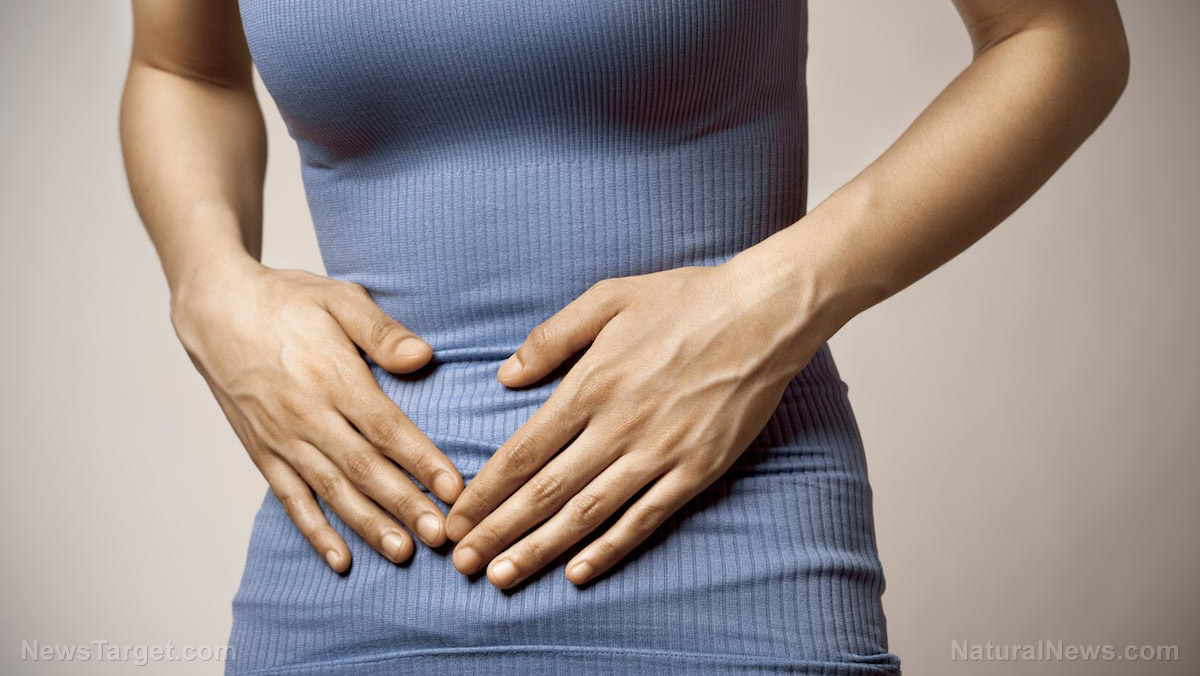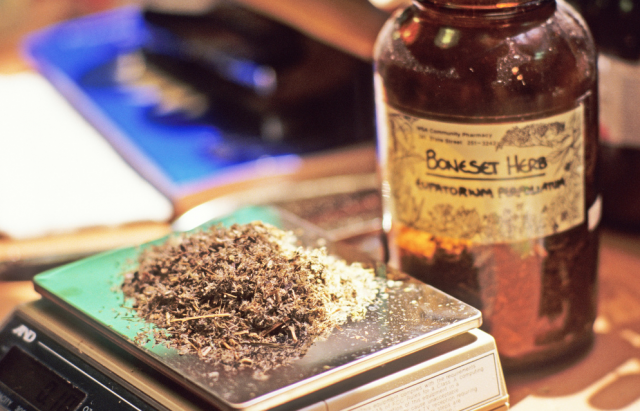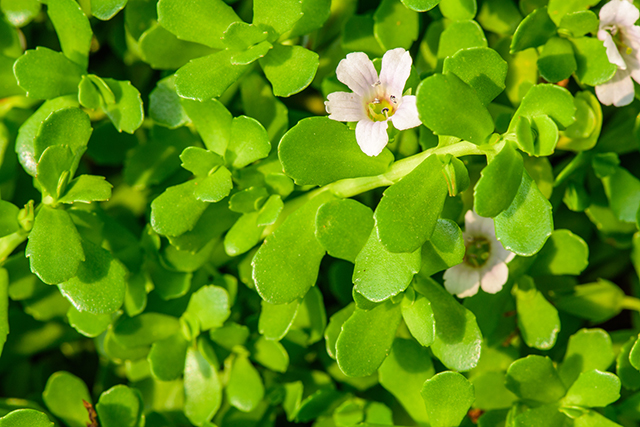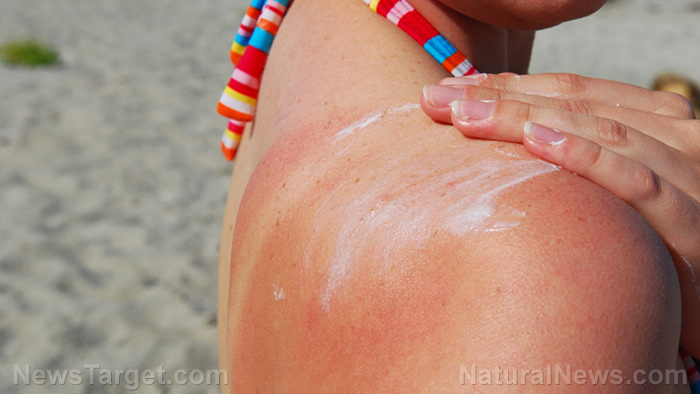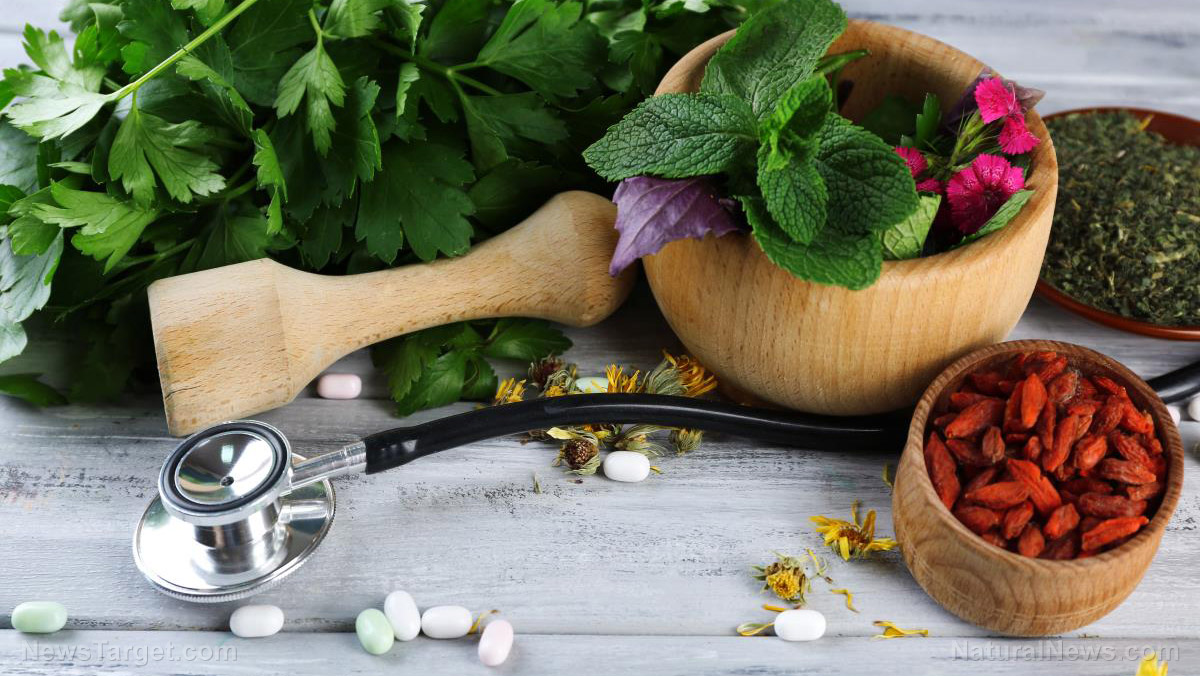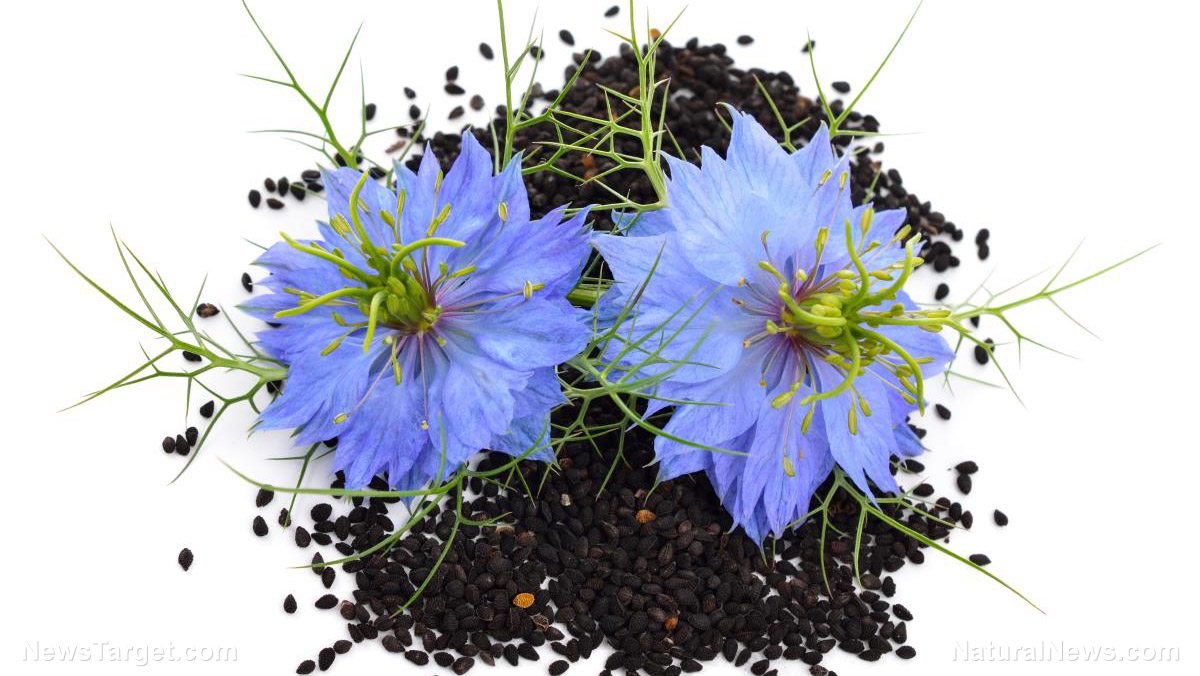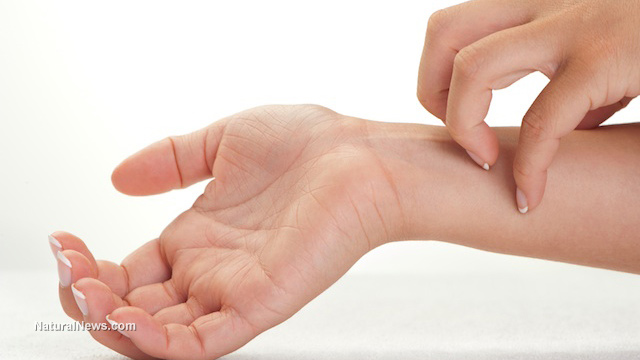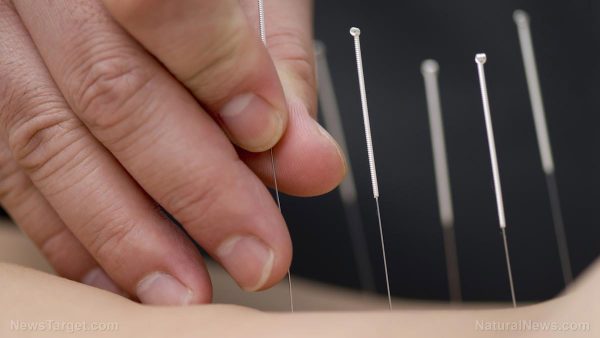Polycystic Ovarian Syndrome (PCOS) is the most common endocrine disorder in women and the most common cause of female infertility. This condition occurs when the ovaries produce more androgens (male sex hormones) than normal. Too much androgens may lead to a number of symptoms, including those related to diabetes. In addition, cysts tend to form in the ovaries, which is how the condition’s name came to be.
In the U.S., approximately five million women may be affected by PCOS, and 70 percent of these are undiagnosed. The U.S. spends an estimated $4 billion annually to identify and manage PCOS.
Women with PCOS have elevated insulin levels, which also increases production of androgens. PCOS may occur at any age among women in their childbearing years. Over 50 percent of women with PCOS develop pre-diabetes by age 40, while up to 80 percent are obese. In turn, obese PCOS patients are at a higher risk of developing sleep apnea, a serious condition wherein a person’s breathing is interrupted repeatedly during sleep.
Moreover, 60 percent of women with PCOS are diagnosed with at least one psychiatric disorder like depression, anxiety, or an eating disorder. Suicide attempts are also seven times more common in PCOS patients. In addition, women with PCOS have a 2.7 times increased risk of developing endometrial cancer.
Symptoms of PCOS
PCOS can be hard to identify as it can easily be confused with other conditions with similar symptoms. It is important to consult your healthcare professional if you’re experiencing some of the following symptoms to determine if you might have developed PCOS or a different condition.
- Sudden irregular periods – Missing your period can mean a few other things besides a symptom of PCOS, but in the case of this condition, you may have as few as eight periods a year. In some cases, however, you may have periods every 21 days or even more frequent than that.
- Heavier periods – If your periods come less frequently, your uterine lining has more time to build up. That means that when you do have a period, it may be extra heavy.
- Hirsuitism – Hirsuitism is a condition wherein you might grow hair in unusual places, like your chin, upper lip, back, chest, arms, thighs, or abdomen.
- Hair loss – Interestingly, PCOS can also lead to androgenetic alopecia (hair loss).
- Acne breakouts and other skin issues – Acne occurs in around 15 to 30 percent of women with PCOS. The condition may also cause patches of skin to thicken, darken, and take on a “velvety” consistency. Skin may also sometimes be oily.
- Obesity – This is a very common symptom of PCOS. It is estimated that around 80 percent of PCOS patients are obese.
- Ovarian cysts – Having cysts does not guarantee you have PCOS, as other conditions also cause these growths.
- Hormonal imbalance – When your production of androgens is off, you may also have high testosterone and imbalances in estrogen and progesterone.
- Infertility – There is a strong link between infertility and PCOS. Over 75 percent of all cases of anovulatory infertility can be attributed to PCOS.
- Insulin resistance and diabetic symptoms – Insulin resistance and obesity may increase your chances of developing type-2 diabetes. Patients may experience diabetes symptoms like increased hunger or thirst. Additional common symptoms of PCOS may include breast tenderness and changes in mood and libido.
Natural treatments for PCOS
Your diet will play a big role in managing PCOS symptoms. Stock up on foods with a low glycemic index as these tend to maintain blood sugar levels. These include lentils, cashews, walnuts, dark chocolate (70 percent cocoa), garlic, eggplants, and whole milk, to name a few. Avoid refined carbohydrates, processed meats, fried, greasy foods, margarine, and sugary foods and drinks as much as possible to avoid spikes in blood sugar levels.
In addition, eat more foods that are rich in omega-3 fatty acids such as soybeans, salmon and chia seeds to reduce inflammation and maintain hormonal balance. Generally, incorporate more foods that promote anti-inflammatory activity such as nuts, leafy greens, tomatoes, olive oil, cherries and strawberries.
Fiber-dense foods like cruciferous vegetables, peppers, lentils, nuts, sweet potatoes, squash, pumpkin, and berries also help reduce insulin resistance.
As with most health conditions, adjusting your lifestyle habits will also significantly help relieve and reverse your symptoms. It is highly encouraged to get regular exercise for optimal health, as well as sufficient amount of sleep every day (at least seven to eight hours) to maintain normal menstrual cycles. Moreover, reducing your stress levels with activities like meditation, knitting, painting, jewelry-making, and similar activities may help your body systems achieve balance.
You may also opt for natural therapies such as acupuncture to help relieve PCOS symptoms. Learn more about other natural cures for PCOS and other conditions at NaturalCures.news.
Sources include:
AuthorityDiet.com
MindBodyGreen.com
OneMedical.com

